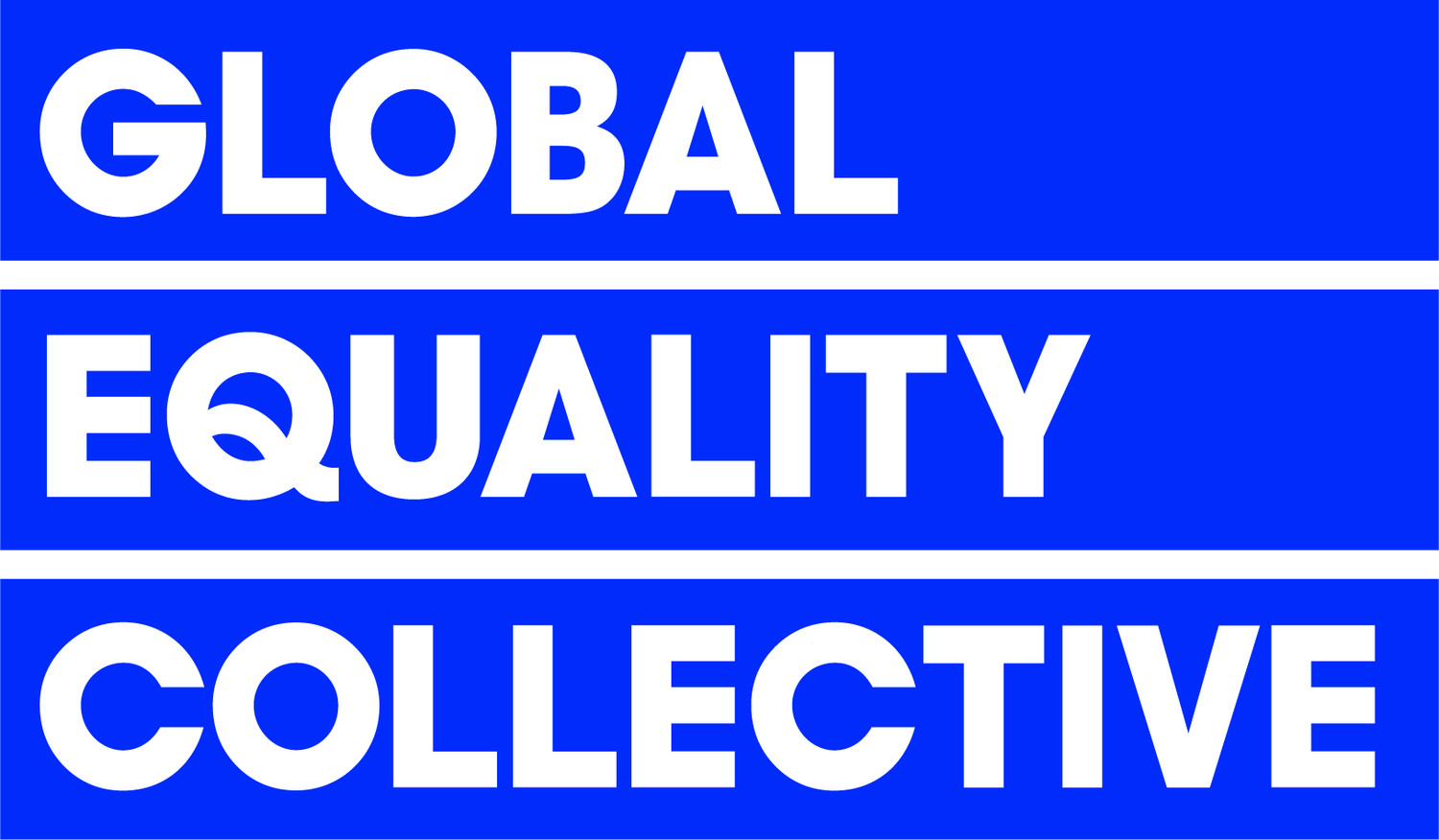GEC Inclusion Index - Student - Key Behavioural Area 4
Diversity
“I learn about people who are different to me.”
61.2% agree
⬆ Improving Trend
So what?
True diversity education helps students understand themselves, others, and the world around them. It supports identity development, empathy, and citizenship. But only 61.2% of students across our GEC 26,000 Voices dataset say they learn about people who are different to them. In an increasingly diverse society — and with an inclusive curriculum required by law — this is a troubling gap.
Inclusion isn’t a themed week — it’s a daily experience. And when that experience is narrow, tokenistic or absent, students notice. Especially those whose stories are missing.
📣 What We Heard
“We only learn about slavery, not Black success.”
“I’m Muslim and we never learn about Islam unless it’s about terrorism.”
“There’s nothing about gay or trans people in lessons. We exist, but you wouldn’t know it from school.”
The GEC Platform: Proven Solution
The GEC Platform helps schools see their own blind spots. It allows leaders to understand the demographics of staff and students in new, anonymised, multi-dimensional ways — capturing identity across protected characteristics and beyond, safely and securely.
This Kaleidoscopic insight enables schools to make strategic, evidence-informed decisions about curriculum reform, CPD priorities, and inclusive practice. It goes beyond representation to measure inclusion in action and map where real diversity education is working, and where it’s falling short. Don’t just take our word for it, you can see how we are sweeping the board across the sector.
Schools using the platform report improvements not only in curriculum scores, but in trust, belonging, and engagement — showing that diverse education isn’t just ethical; it’s effective.
The Kaleidoscope View
Our Kaleidoscopic Data reveals that Global Majority students, particularly Black and Asian learners, experience curriculum content that too often centres trauma or exclusion — and rarely celebrates strength, identity or success.
“There is nothing about me in what we learn.”
Neurodivergent learners echoed this sense of invisibility. For many, disability was either framed negatively or omitted entirely.
“We don’t learn about disabilities in a real way. They make it sound like we’re just problems.”
LGBTQIA+ students, particularly trans and non-binary students, shared that their identities were erased from mainstream teaching, with little to no inclusion in lesson content, examples or discussions.
Even students outside marginalised groups said the lack of exposure was harmful — it distorted their worldviews and narrowed their understanding of others:
“If you only ever learn about one type of person, it makes other people seem weird or wrong.”
When diversity is included only in themed weeks or standalone PSHE sessions, students see through the performance:
“It feels fake. Like they’re only doing it because they have to.”
Next Steps & Free Stuff
📊 Use the GEC Platform to audit curriculum gaps and identity coverage across your school
📖 Explore the GEC Body Image Report, created with thousands of young people and GEC Circle expert Tommy Hatto – model, actor, and mental health advocate
📚 Dive into identity-informed curriculum blogs and tools






